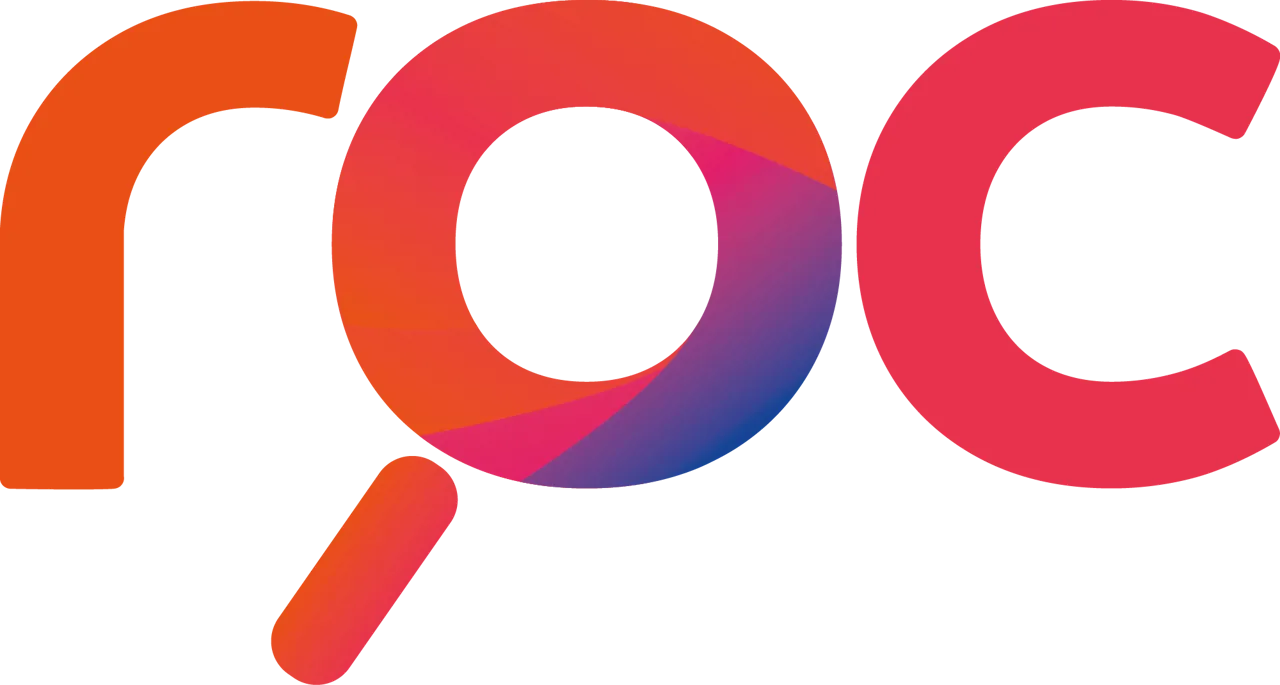
How Brexit may affect your hiring in 2021 – and what to do about it!
16 Dec, 202010 minsWith trade talks between the UK and EU going down to the wire, many companies have been in t...

With trade talks between the UK and EU going down to the wire, many companies have been in the dark on how Brexit will impact their business processes. There’s been a lot of focus on trade, transportation and supply chain uncertainty – which makes sense, because business disruption in these areas can be hugely costly. But the result is other potential business impacts, particularly resourcing and hiring, have been overshadowed.
In this article, we’re shining a light on the potential impact of Brexit on hiring. If you haven’t yet considered how Brexit may alter your recruitment plans for next year, this is a must-read.
Feeling the recruitment squeeze? It could be about to get worse
According to the CIPD’s Labour Market Outlook 2019 report, 61% of organisations were reporting recruitment difficulties (up from 56% in 2017).i The CIPD says this is partly due to the fact that the number of EU citizens coming to work in the UK has not risen in line with the overall growth in employment over the last few years.
The UK labour market is pretty tight, in other words, and you may have to work harder to fill vacancies in 2021. It’s true that some sectors are feeling the squeeze more than others – in the tech and engineering sectors, for instance, demand for skilled workers outstrips supply – but regardless of sector, the overall figures indicate a challenging recruitment landscape.
Is Brexit going to ease the strain? In a word, no. With free movement coming to an end (more on changing immigration rules coming up next), companies that recruit from the EU labour pool may have to look elsewhere to meet their recruitment needs. (Interestingly, CIPD’s research has found that companies that employ EU nationals are significantly more likely to invest in training and recruit from under-represented groups in the homegrown workforce, such as older workers.ii) And even if you don’t recruit from the EU, you may find yourself having to compete harder for talent, as companies that might ordinarily recruit from further afield turn their attentions back to the UK labour pool.
Bottom line, now is the time to do some strategic workforce planning so that you can anticipate potential labour shortages next year and identify how you’ll plug those gaps (for example, through upskilling your existing workforce or recruiting from under-represented groups in your community). You may also need to go the extra mile to make your company more attractive as an employer in 2021. Many organisations are having to raise salaries and boost their non-financial incentives, such as flexible working, to attract new hires.
If you do plan to recruit from abroad, be aware of changing immigration rules
From 1st January 2021, free movement of people between the UK and EU is a thing of the past. The UK government’s new points-based immigration system will treat EU citizens and non-EU citizens equally. In a nutshell, this means anyone (except Irish citizens) coming to work in the UK in 2021 and beyond will need to apply for permission in advance, and will be assessed according to specific requirements (skills, language, minimum salary, etc.), for which they’ll earn points.
((For those EU citizens who are already living and working in the UK, the EU Settlement Scheme allows them to apply for either Settled or Pre-Settled Status, depending how long they have been living in the UK.)
Clearly, the new immigration system is designed with skilled workers in mind. A seasonal workers pilot scheme for unskilled workers who flock to the UK for temporary agricultural work comes to an end in December 2020 and, at the time of writing, it’s not yet clear whether the scheme will be extended. This leaves any business reliant on unskilled, seasonal workers from the EU facing some pretty big uncertainty.
But let’s assume your company wants to recruit skilled (as opposed to unskilled) workers from abroad. Under the new system, candidates applying to work in the UK will need a job offer from a Home Office-licensed sponsor. (Again, Irish citizens are exempt.) This means if you intend to recruit overseas candidates, your company must apply to become a licensed sponsor. You’ll have to prove your business is eligible, pay an application fee and wait up to eight weeks for the application to be assessed – all of which will need to be factored into your hiring plans.
The full impact of these immigration changes on employers remains to be seen, but the likelihood is dipping into the non-UK talent pool is about to become a lot more expensive and cumbersome. If your business wants to maintain access to non-UK workers, you’ll need to take steps now to ensure your talent tap doesn’t run dry.
Why not consider contractors and project solutions?
The volatile cocktail of Brexit and COVID-19 has created a lot of uncertainty for UK businesses, and that uncertainty is likely to seep into 2021 – or at least the early months of 2021. So it may be that hiring talent on a long-term or permanent basis just isn’t an option for your business anytime soon. In which case, don’t overlook the benefits that interim contractors can bring. Hiring contractors gives your business much-needed flexibility in an uncertain time, while still allowing you to plug skills gaps. As an example, here at Roc Search, we’ve been busy deploying experienced logistics contractors to help our clients plan their Brexit strategy and mitigate supply chain uncertainty.
Another great way to maintain business momentum and deliver your key projects in 2021 – without investing in new hires – is through project solutions. Bridging the gap between temporary recruitment and permanent resourcing, project solutions allow employers to navigate recruitment spikes and troughs by hiring talent on a project-by-project basis.
In practice, this means a recruitment agency provides an end-to-end managed (or sometimes co-managed) service, supplying the talent needed to deliver your project, all the way from initial brief to completion. Project solutions can be especially helpful if your business is going through a period of transformation or is struggling to close the skills gap. It’s well worth keeping project solutions in mind as you look ahead to 2021.
Making sure your business is recruitment-ready for 2021
It’s clear that Brexit may impact your hiring next year in more ways than one. The good news is, with the right planning and support, your business can continue to access the talent it needs, for the next 12 months and beyond.
In what is already a tight labour market, working with a trusted recruitment agency like Roc Search is the simplest way to get your pick of candidates next year. Why is that? Because we have ready access to a huge pool of talented professionals looking for their next career move. So whatever’s happening in the wider labour market, we’re always able to get the best candidates in front of your hiring managers, and find the ideal people to deliver your business-critical projects.
Chat to Roc Search about your 2021 hiring needs.
i Source: https://www.cipd.co.uk/Images/labour-market-outlook-autumn-2019_tcm18-67336.pdf
ii Source: https://www.cipd.co.uk/news-views/brexit-hub/workforce-trends




